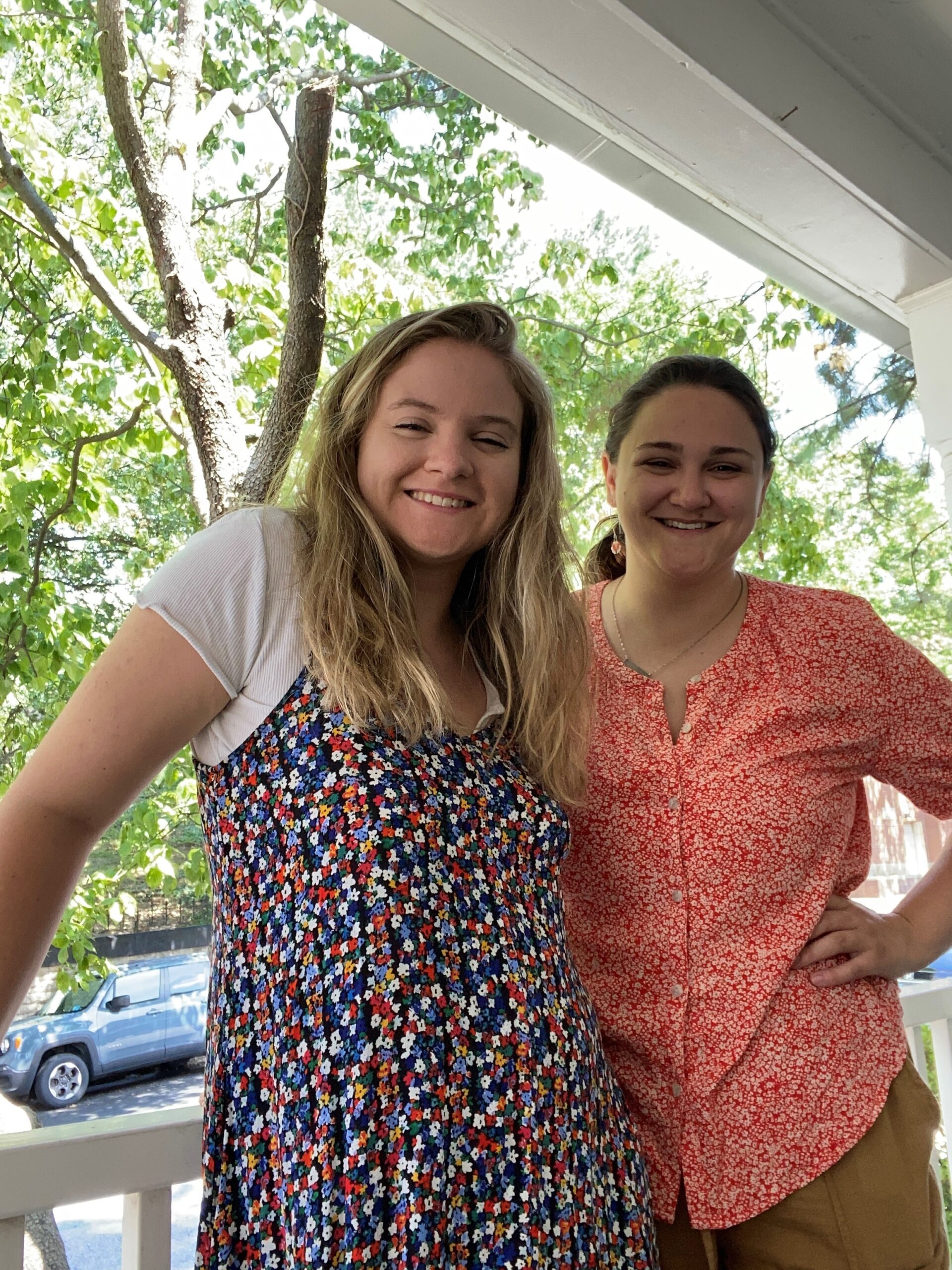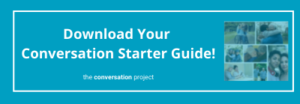The idea of planning for care through the end of life seems distant and hard to grasp for a lot of us — especially those considered young or without current health conditions. When are we at the end? When we’re diagnosed with cancer? When we’re in the wrong place at the wrong time? “Advance care planning” is similarly vague. In advance of what? Plus, a lot of us assume a doctor or medical team is responsible for planning our care.
These questions became real for me when I needed someone to advocate for me in a health care setting, and I wasn’t at the end of my life. I experienced a medical emergency that made it hard for me to make decisions on my own. Luckily, my aunt and my cousin Alanna were there to guide me through tough decisions and advocate for me. I realized later that I hadn’t choice either of them as my documented health care proxy
If my condition had worsened and I truly couldn’t speak for myself, my aunt and Alanna wouldn’t have been able to represent my wishes. I hated the idea that they wouldn’t be able to help me when I needed it most. This is what advance care planning does: prepares us for a situation no one wants to think about.
The thing is, thinking about this scenario actually takes some of the fear away from the unknown. It puts the power in your hands to guide your health care decisions. I often get overwhelmed by things outside of my control: climate change, legislative inaction, the slow churning of progress. Having conversations about my health is something I can control; it happens when and how I want, and gives me agency.
I’ve thought long and hard about who would represent my wishes in the event of an emergency, and I always come back to Alanna.
Calling Alanna my best friend would be an understatement. We were born exactly 6 months apart, grew up down the street from each other, and now live together in Baltimore. We love to watch Formula One races together. We also share a love for arts and crafts, baking shows, and raccoon videos on Instagram. She is a fierce advocate for her family and for what’s right, always the first one to be honest, forthright and steady in difficult situations. Once, we were in a two-person kayak in the pitch dark, and I probably wouldn’t have made it to land without her steering and remaining calm.
I also know that Alanna cares about what matters to me, that she listens attentively and remembers even little things I share with her about my wishes. One day in the car, as we were talking about songs we love, Warren Zevon’s “Keep Me in Your Heart” came on. I told her, “I want this song to play at my funeral!” She immediately saved the song on Spotify.
To begin talking with Alanna about whether she would be my health care proxy, I started with what I absolutely do not want — to have my wishes denied or ignored — and how I feel that she would be the best person to ensure that doesn’t happen. I used some examples of stories from the news and in books of folks who did not have their wishes honored at the end of life, especially LGBTQ+ people.
I talked with her about what would happen tomorrow if I was unable to speak for myself. We discussed who should be involved in my care and what family members I do and don’t want to know about the details of my condition. Really importantly, we talked about if she would be able to act in a stressful situation and one where she was so emotionally involved. Finally, we talked about if she wants this responsibility.
Knowing that Alanna is my health care proxy gives me peace of mind. It also means we can have frank discussions about the care I want and don’t want. We are both young and hopefully have many more years to continue those discussions and evolve together in our understandings of health and illness.
What I want now might not be what I want when I’m 40 or 80. We’ve talked about specific events that would cause us to revisit our plans (such as changes in health or our parents dying). I’m familiar with National Healthcare Decisions Day on April 16 and always use that day give my plans some thought. A document like an advance directive, which documents your health care wishes, doesn’t change with me automatically. I have to keep it relevant and maintain conversations about what I want with the people around me.
Want to keep connected to The Conversation Project for more ideas from other communities? Sign-up for our community engagement newsletter, follow us on social media (Twitter, Facebook, Instagram, and YouTube), and feel free to reach us at ConversationProject@ihi.org.


